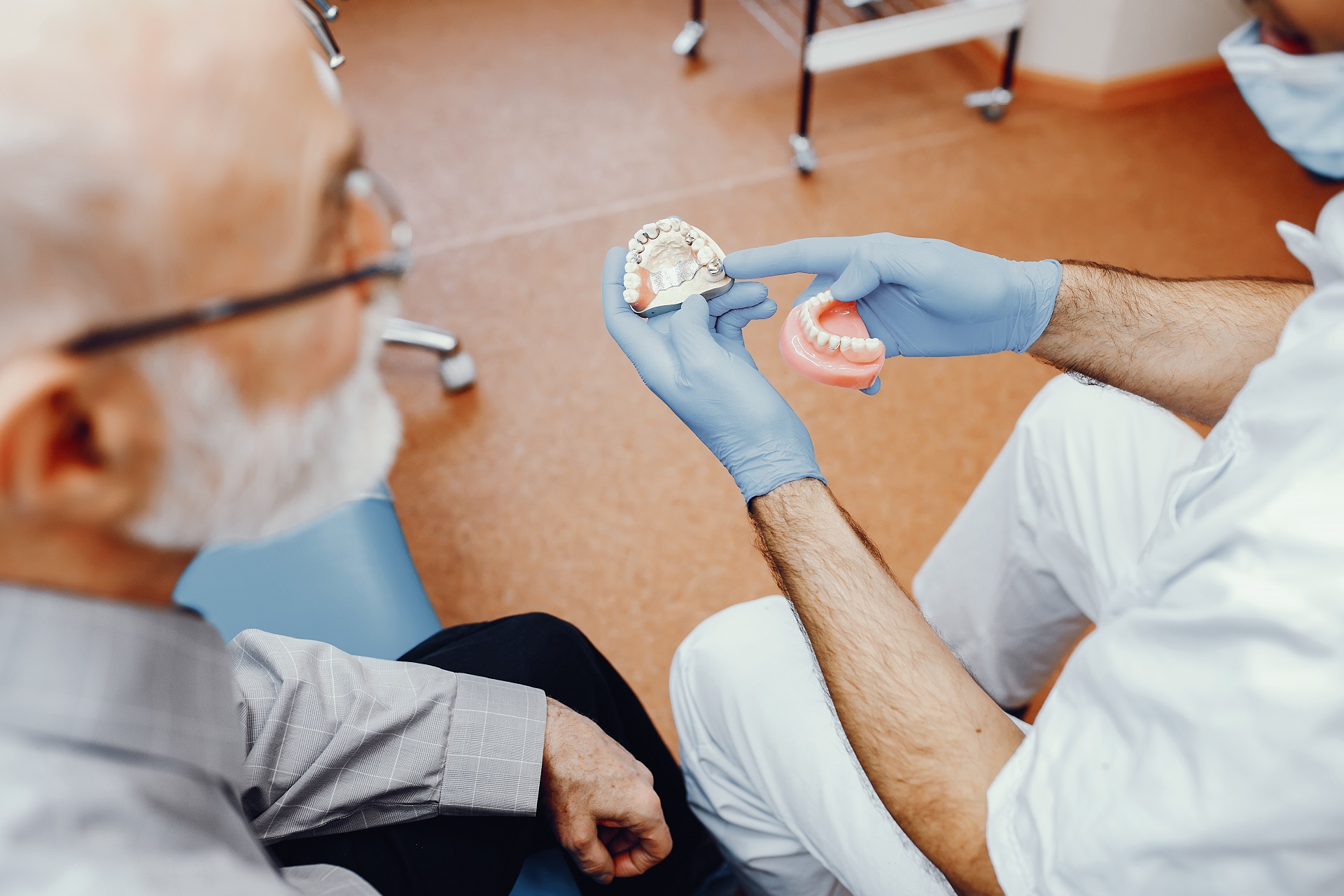
People who have missing teeth understand how it can impact confidence. Still, beyond its negative effect on aesthetics, it can also compromise crucial functionalities such as your speech and chewing ability.
Dentures offer a quick and non-invasive solution that can improve your mouth’s structure, ensuring your bite and jaw are in proper alignment. It’s a cost-effective alternative to a more permanent choice like dental implants, but keep in mind that dentures require more maintenance than meets the eye.
Dentures are customized to fit your unique anatomy, so every movement you make when chewing, drinking, or speaking will feel as natural as possible. Since it relies on the proper placement of your bite and jaw, the fit will alter as bone density changes over time, resulting in an uncomfortable experience.
If you notice the following warning signs below, you need to make an appointment immediately and have them repaired before it leads to costlier problems.
Dentures are designed to normalize your eating habits, so if you notice a spike in difficulty with your chewing after wearing it for some time, you need to refit your dentures to adapt to the new shape your gums.
Well-fitted dentures should not cause any discomfort, so once you start to feel uneven pressure on your gums, jaw soreness, notice the sudden appearance of sores, or feel a sharp pain on your canine teeth, then bone reabsorption is likely the culprit.
Be sure to go to your denturist as soon as possible to address the problem as leaving it unchecked can aggravate the pain, which can interfere with your quality of life.
It’s normal to expect an adjustment phase since dentures are a foreign object in your mouth, but you should quickly feel comfortable once you acclimate. But when you see raw spots, inflammation, or bleeding, it could point to a defect on the denture’s surface.
Dentures are tailored to suit the anatomy of your jaw, which means that various factors can impact its fit over time. These changes can negatively affect different functions like chewing, speaking, and smiling, so going to the dentist once you notice the red flags above is crucial.
Any abnormalities with your dentures must be given immediate attention if you don’t want to further compromise your oral health. Seeing as prevention is always better than a cure, it’s better to schedule check-ups as recommended by your denturist so you can maintain the life of your artificial pearls.
Leaving denture issues unchecked can be detrimental to your oral health, so our denture clinic in Clayton Heights, BC, strives to provide the best specialty care that can help restore your smile. Get in touch with us and see how we can help reline, rebase, repair, clean, and improve your overall experience with dentures.